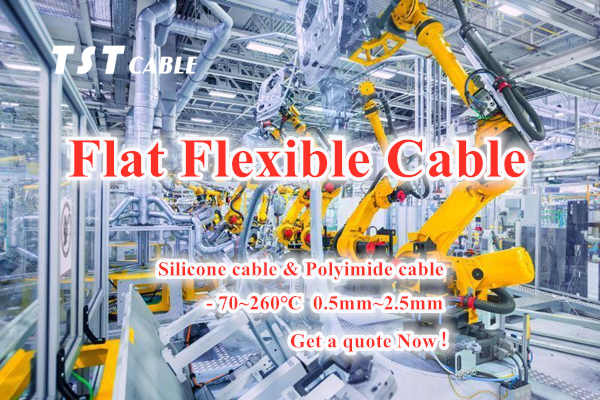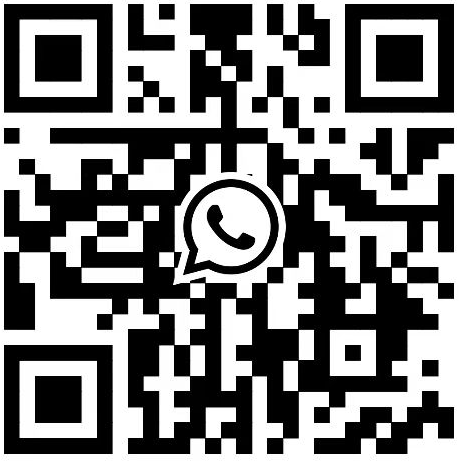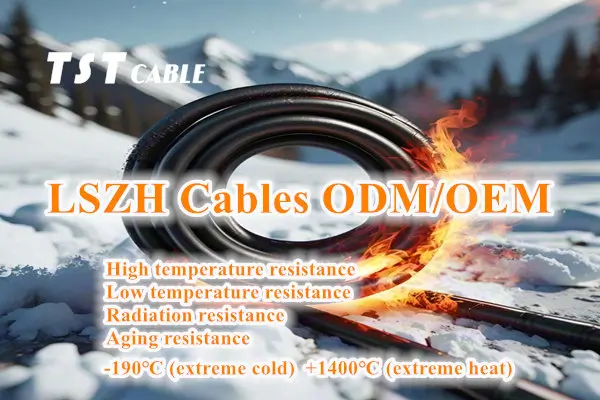Flexible rubber cable is a cable designed specifically for applications that require frequent bending and movement. This type of cable is characterized by its softness and flexibility, and can maintain good electrical and mechanical properties in various dynamic environments. This article focuses on analyzing some key features, material composition, application scenarios, and selection guidelines of flexible rubber cables.

Key features
1. Softness: Flexible rubber cables have high softness and can bend and move in a small space.
2. Wear resistance: Due to the frequent need to move, these cables need to have good wear resistance to extend their service life.
3. Oil resistance: In many industrial environments, cables may come into contact with oils or other chemicals, so they need to have certain oil resistance.
4. Temperature range: Depending on the different use environments, flexible rubber cables have different temperature ranges, and there are corresponding models from low temperature to high temperature.
5. Tensile strength: In order to cope with the pulling and squeezing that may be encountered during movement, flexible rubber cables need to have high tensile strength.
Material composition
1. Conductor material: Usually a conductor made of multiple strands of fine copper wires is used. This structure increases the softness of the cable.
2. Insulation material: Natural rubber (NR), chloroprene rubber (CR) or other synthetic rubber is used as the insulation material. These materials have good elasticity, oil resistance and temperature resistance.
3. Sheath material: The sheath is also made of rubber material. Usually the same material as the insulation material or a more weather-resistant synthetic rubber such as chloroprene rubber (CR) is selected to improve the mechanical protection and chemical resistance of the cable.
Application scenarios
1. Industrial equipment: Suitable for various industrial machinery and equipment, such as power tools, mobile robots, cranes, etc.
2. Construction: On construction sites, flexible rubber cables are used for temporary power connections, such as lighting, power tools, etc.
3. Agricultural machinery: Used in agricultural equipment, such as tractors, irrigation systems, etc., which often need to be moved outdoors.
4. Ports and docks: Used for port loading and unloading equipment, mobile machinery on docks, etc.
5. Laboratory equipment: Suitable for mobile equipment and instruments in the laboratory.
6. Outdoor lighting: used for outdoor lighting systems, such as landscape lights, street lights, etc.
Selection basis
1. Use environment: select the appropriate model according to the specific environment where the cable will be installed, such as indoor or outdoor use.
2. Temperature range: confirm whether the operating temperature range of the cable meets the actual needs.
3. Chemical resistance: if the cable needs to contact chemicals, a cable with stronger chemical resistance should be selected.
4. Mechanical strength: if the cable needs to withstand mechanical stress, a cable with corresponding mechanical strength should be selected.
5. Bending radius: select the appropriate product according to the bending radius of the cable in actual application to avoid damage caused by excessive bending.
YC/YCW 450/750V flexible rubber cable
450/750V flexible rubber cable is a type of cable widely used in various industrial and commercial environments, characterized by good flexibility and wear resistance. Below TST CABLES introduces two common flexible rubber cable models in detail: YC (general type) and YCW (outdoor type).
1. YC cable
Name: general rubber sheathed soft cable.
Rated voltage: 450/750V.
Conductor material: Copper conductor, usually bare copper or tinned copper.
Insulation material: Natural rubber (NR) or synthetic rubber (such as chloroprene rubber CR).
Sheath material: Natural rubber or synthetic rubber.
Features:
o Softness: Good flexibility, easy to bend and move.
o Wear resistance: The outer layer is made of wear-resistant material, suitable for equipment that moves frequently.
o Oil resistance: Good oil resistance, suitable for contact with mineral oil, lubricating oil and other environments.
o Weather resistance: Good weather resistance, suitable for indoor use.
o Temperature resistance range: The general operating temperature range is -15°C to +90°C.
Application:
o Industrial equipment: Suitable for mobile power tools, small machinery, motors, etc.
o Construction: Suitable for temporary power connection at the construction site.
o Agricultural machinery: Suitable for power connection of agricultural machinery and equipment.
2. YCW cable
Name: Outdoor rubber sheathed soft cable.
Rated voltage: 450/750V.
Conductor material: Copper conductor, usually bare copper or tinned copper.
Insulation material: Natural rubber or synthetic rubber (such as neoprene CR).
Sheath material: Synthetic rubber, usually neoprene (CR) or other synthetic materials with good weather resistance.
Features:
o Softness: Good flexibility, suitable for frequent movement.
o Wear resistance: The outer layer is made of wear-resistant material, suitable for equipment that is frequently moved.
o Oil resistance: Good oil resistance, suitable for contact with mineral oil, lubricating oil and other environments.
o Weather resistance: With stronger weather resistance, suitable for outdoor use, can resist natural factors such as ultraviolet rays, rain, moisture.
o Temperature range: The general operating temperature range is -25°C to +90°C.
Application:
o Outdoor equipment: Suitable for outdoor mobile power tools, temporary power connection at construction sites.
o Agricultural machinery: Suitable for agricultural machinery and equipment used outdoors.
o Ports and docks: Suitable for port loading and unloading equipment, dock mobile machinery, etc.
Selection basis
·Use environment: If the cable is mainly used indoors or in an environment not affected by weather, you can choose YC cable; if it needs to be used outdoors or exposed to the natural environment, you should choose YCW cable.
·Temperature resistance requirements: YC cable is suitable for general temperature range, while YCW cable has a wider operating temperature range and is more suitable for low temperature environment.
·Weather resistance: YCW cable has better weather resistance and is suitable for long-term exposure to the outside.
YC/YCW 450/750V flexible rubber cable product
This product is suitable for household appliances, power operations and various portable electrical equipment with A.C voltage 450/750V or less.
Performance characteristics
1) The rated voltage U0/U of YZ model is 300/500 V, and that of YC model is 450/750 V.
2) The operating temperature of the wire core is allowed to not exceed 60 for a long time.
3) The W model cable has the characteristics of durability, so it is suitable for outdoor work contact with oil.
4) ZR type cable has fire resistance.
Model, name and usage
Model Name Main purpose
YQ YQW Light model rubber sheathed flexible cable For light portable electric equipment and tools
YZ YZW Medium model rubber sheathed flexible cable For various portable electric equipment and tools
YC YCW Heavy model rubber sheathed flexible cable For various portable electrical equipment, can withstand large mechanical force effects.
1x300sqmm 1x240sqmm 1x185sqmm 1x150sqmm 1x120sqmm 1x95sqmm 1x70sqmm 1x50sqmm 1x35sqmm 1x25sqmm 1x16sqmm 1x10sqmm 1x6sqmm 3×150 + 1x50sqmm 3×120 + 1x35sqmm 3×95 + 1x35sqmm 3×70 + 1x25sqmm 3×50 + 1x16sqmm 3×35 + 1x10sqmm 3×25 + 1x10sqmm 3×16 + 1x6sqmm 3×6 + 1x4sqmm 3×4 + 1×2.5sqmm 3×2.5 + 1×1.5sqmm
Both YC and YCW cables are 450/750V flexible rubber cables, which are widely used in applications that require flexibility and abrasion resistance. YC is suitable for indoor or low-weather-resistant environments, while YCW is more suitable for outdoor use, with stronger weather resistance and a wider operating temperature range. Choosing the right cable model can ensure the reliability and safety of the cable in a specific environment.
If you have customized YC cables, YCW cables, low-smoke halogen-free cables, flame-retardant cables, coaxial cables, UL cables, Teflon wires, armored wires, industrial cables, power cables, control cables and other products, and need further technical support or cable solutions, you can always send an email to the professional cable engineer of TST Cable Manufacturer (email: lixiangchao@testeck.com, please state your country, your industry, your needs in the email, and we can also provide you with free samples)
Also available in:
English



